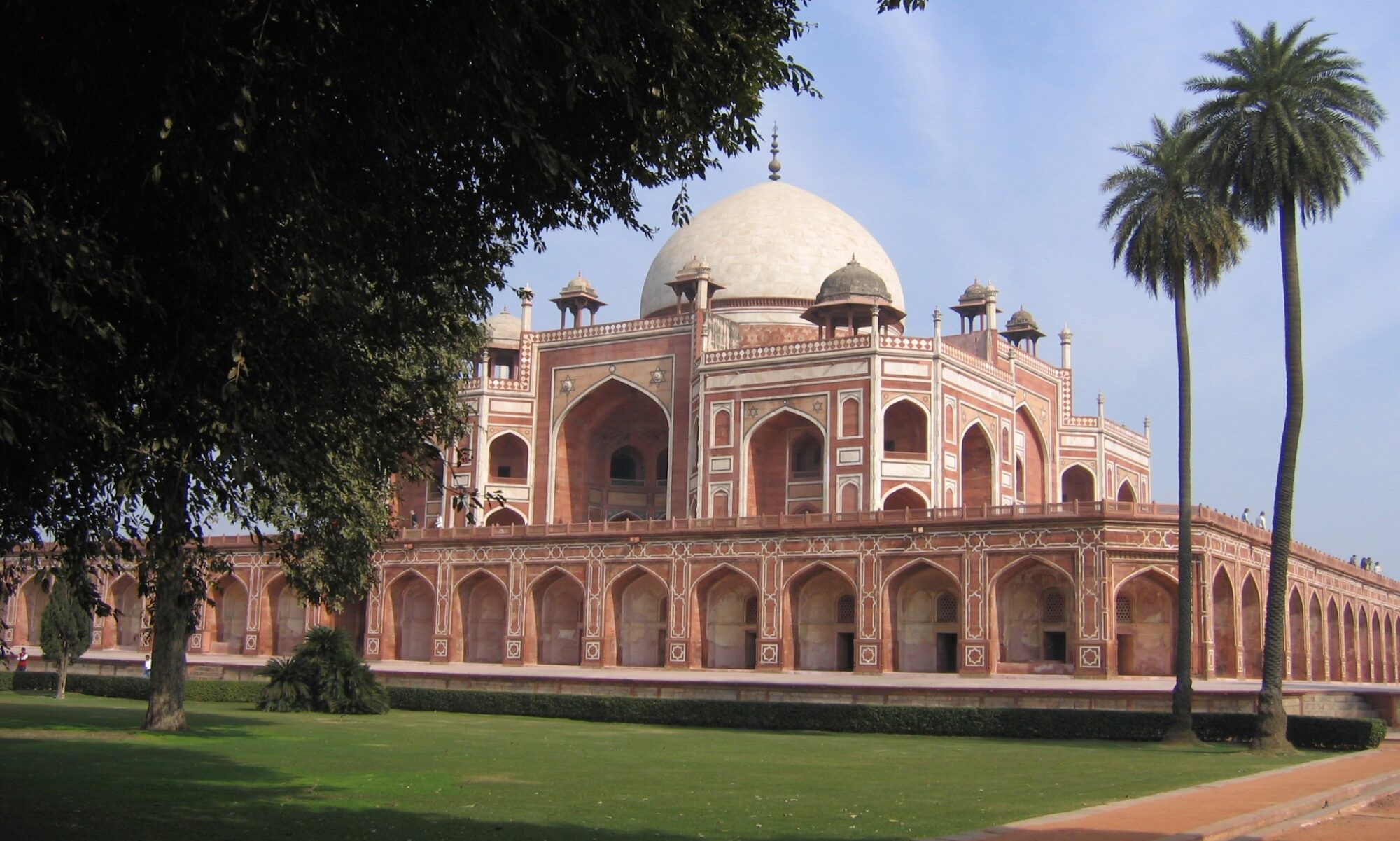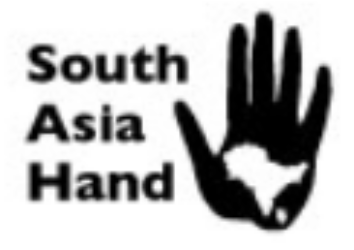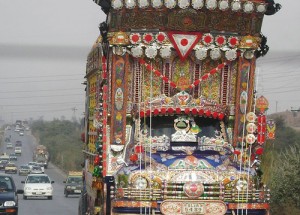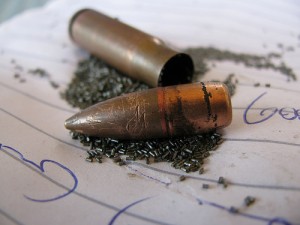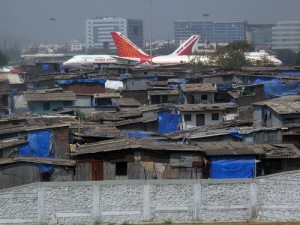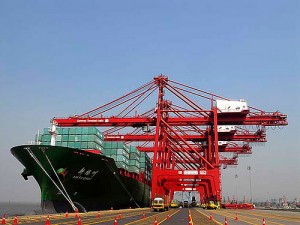
Trade and more generally economic relations have been a major driver of U.S.-India relations in the past decade. U.S. exports to India have grown nearly sevenfold. This makes the relationship important to both sides, and provides a degree of stability that was unknown in earlier times. This expansion is not unique to the United States: the two biggest growth stories in Indian trade are China and the oil producing countries of the Persian Gulf.
Growing trade has not eliminated trade problems, nor does it translate into easier dealings in multilateral settings. One way to address periodic frustration about stubborn trade problems would be to open the lens a bit, and work toward a more ambitious long term goal, such as a free trade agreement. It’s a difficult challenge, but steps along that path could be hugely beneficial to both countries.
Read the full article.
